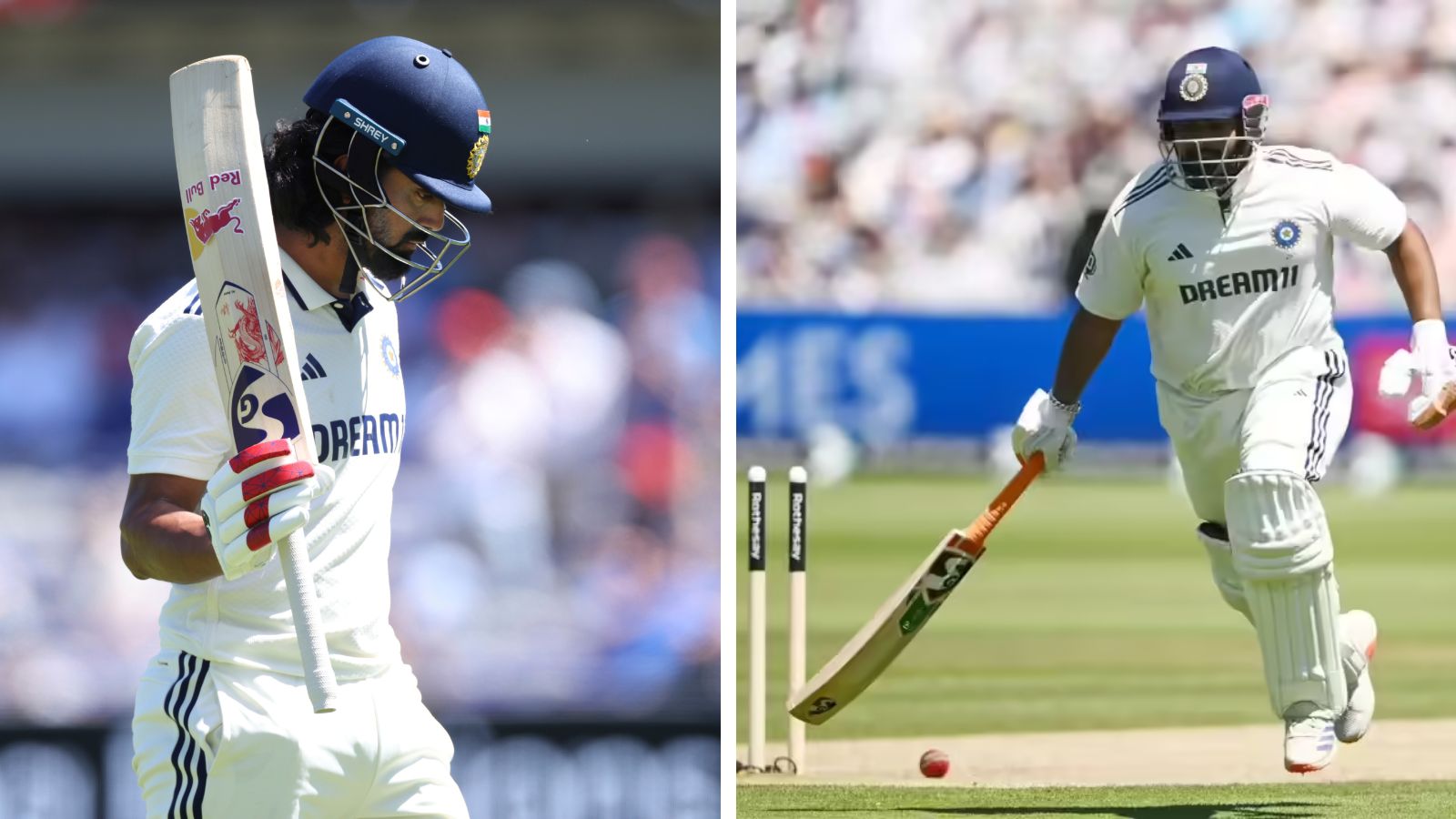Hats off to Wiaan Mulder for respecting legendary Lara

In a world where personal milestones often eclipse team goals, where social media celebrates the individual over the collective, and where cricket’s modern ethos tends to reward selfishness cloaked as ambition, Wiaan Mulder has done something extraordinary, he stepped back from immortality to honor history.Mulder’s unbeaten 367 in the second Test against Zimbabwe in Bulawayo wasn’t just a record-breaking knock; it was a spiritual moment for Test cricket. South Africa stood at a commanding 626-5 at lunch on Day 2. Mulder, the stand-in captain, had already broken several records, the highest individual score by a South African, the most runs by a debut captain, and the highest score in an away Test by any batter. He was just 34 runs short of Brian Lara’s mythical 400*, the Everest of individual achievement in Test cricket. And he declared.Why, Wiaan? Why stop short of eternal greatness? The answer he gave may go down in cricketing folklore. “Respecting the game is really important, letting someone like Lara keep his record. He’s one of the greatest to ever play the game, so he deserves that,” Mulder said, with disarming humility.Yes, South Africa wanted to win. Yes, they were dominating Zimbabwe. Yes, enforcing the follow-on was the right tactical call. But let’s be honest, the game would’ve waited. The Test was already South Africa’s not to lose. He could’ve stayed and carved his name into the fabric of time. Instead, he made a choice, a choice few athletes in any sport have ever made, to walk away from glory, not because he couldn’t achieve it, but because he chose not to eclipse one of the game’s greatest legends.This wasn’t just respect for Brian Lara. It was respect for what Lara’s 400* symbolized, artistry, endurance, audacity, and grace under pressure. Lara didn’t make that 400 against Zimbabwe or Afghanistan. He made it against England, under the weight of expectation, in a historic Test match at Antigua. It wasn’t just a number; it was a cultural moment. And Mulder understood that.He also understood something even more profound: cricket is not just about records; it’s about reverence. In that moment, Wiaan Mulder grew from a cricketer into a custodian of the game’s spirit. He etched his name not merely into stat sheets, but into cricket’s collective conscience. He reminded the world that records might be made to be broken, but some should be left untouched, not out of fear, but out of love.Mulder’s gesture is even more remarkable given where he comes from. This was a man once known for being media-shy, reserved, and modest to a fault. He wasn’t the poster boy of South African cricket, nor the most marketable talent. But since Shukri Conrad took over as South Africa’s red-ball coach and selector, Mulder has flourished.Once averaging 14.31 with the bat in Test cricket, he now averages over 80 under Conrad’s tenure. He has scored three centuries in just over a dozen innings, with the 367* being the crowning jewel. But what makes this transformation even more beautiful is that it’s not just about numbers. Mulder hasn’t become louder or flashier. He’s simply become more assured, a player comfortable in his own skin, confident enough to put values before vanity.And there’s another layer here. Mulder’s decision to declare also touched a sensitive but often unspoken dimension of cricket: context matters. Breaking Lara’s record against Zimbabwe, a team with a depleted bowling attack, and in a one-sided contest, might have looked hollow in comparison. Lara’s 400* came under pressure, against quality opposition, with every run earned through grit and genius.Mulder knew that chasing 401 in this setting would spark controversy, debates, and accusations of cheapening a historic achievement. And so, he didn’t. He shielded not only Lara’s record but the dignity of records themselves. That’s class. That’s cricket.Of course, some will argue that records are there to be broken. That cricket’s greatest names live on because someone dared to dream bigger. That Lara himself once broke Sir Garfield Sobers’ record. And while that’s true, what distinguishes Mulder’s case is that the pursuit of records was never his driving force. As he put it: “The main thing is always the main thing. And the main thing is to win.”In an era where the ‘I’ often triumphs over the ‘we’, Mulder’s mindset is refreshing. It brings back echoes of Rahul Dravid walking away from centuries to declare for his team. Or Adam Gilchrist choosing not to review out of fairness. These are rare moments where the spirit of cricket triumphs over the seduction of statistics.His leadership too must be acknowledged. Standing in as captain for the injured Keshav Maharaj, and previously for Temba Bavuma, Mulder had everything to prove. He could’ve made this series about himself. But instead, he made it about South Africa. About the team. About Test cricket.Mulder is only 26. He will have more chances to score big. But no matter how many runs he makes from here on, no matter how many hundreds or double hundreds or wickets he collects, he will be remembered for this. For 367* and walking away.In that one act, he earned something greater than a record. He earned respect, the kind that doesn’t fade with time, the kind that transcends national boundaries, formats, and fan rivalries.Wiaan Mulder may not have become the man with the highest Test score. But he became something rarer, the man who could have and chose not to. And that is the mark of a true legend.sarfraznews12@gmail.com















